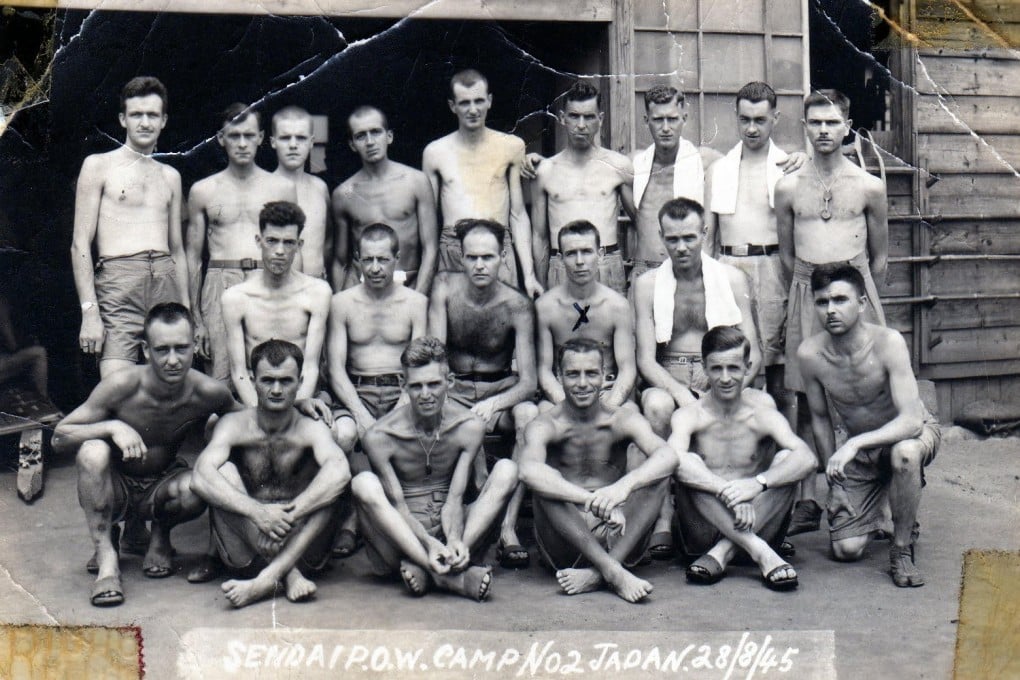From nirvana to starvation: the story of the Canadians who defended wartime Hong Kong
- Alfred Babin was among a little known group of soldiers from Canada who fought for Hong Kong and spent years in a Japanese prisoner of war camp
- His story and those of the 1,975 countrymen who stood with him deserve far greater recognition, his son says

Growing up in Ontario during the 1950s, Mike Babin occasionally heard his father Alfred talk about serving during World War Two. But it was not until his 20s that he learned the full extent of his dad’s involvement as a member of the Royal Rifles of Canada, a regiment that fought during the ill-fated Battle of Hong Kong, when the city’s British colonial rulers were forced to surrender to Japan.
Across Canada many residents observe Remembrance Day each year on November 11, but few know the story of the 1,975 Canadian soldiers who sought to defend Hong Kong alongside Chinese, Indian, British and other Allied forces.
Babin’s father was in his early 20s when he volunteered for the Canadian army as the war broke out. And like all of the Canadian soldiers deployed from Vancouver in late 1941, he only found out he was being posted to Hong Kong after several days at sea.
He arrived in the city in mid-November 1941, awash with culture shock and amazement. “Most of the soldiers were from small towns or rural areas,” the younger Babin said. “Most of these men were not familiar with life in a big city, or familiar with foreign cultures.”

Tony Banham, a local historian who runs the website Hong Kong War Diary, said the city back then was very different from the fast-paced centre of commerce it is today. Home to 1.6 million local villagers as well as Chinese refugees who had fled the Chinese mainland as the Japanese Imperial Army expanded south during the Second Sino-Japanese War, the city was mired in widespread poverty.
Compared with the locals, the Canadians were well paid, and the British, who considered themselves at the top of the social hierarchy, “saw Hong Kong as a popular posting where their money would go a long way”, Banham said.